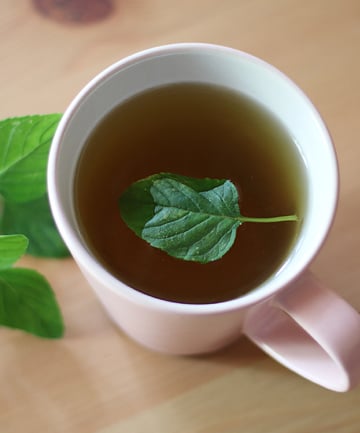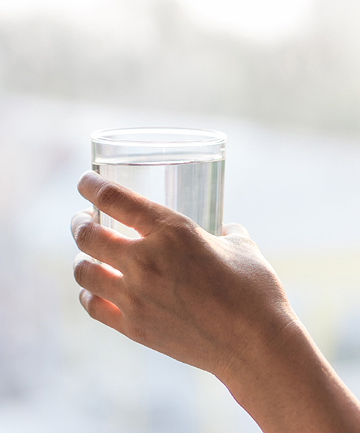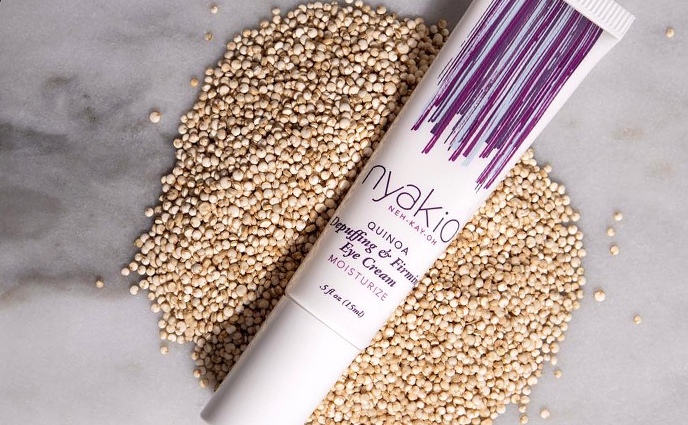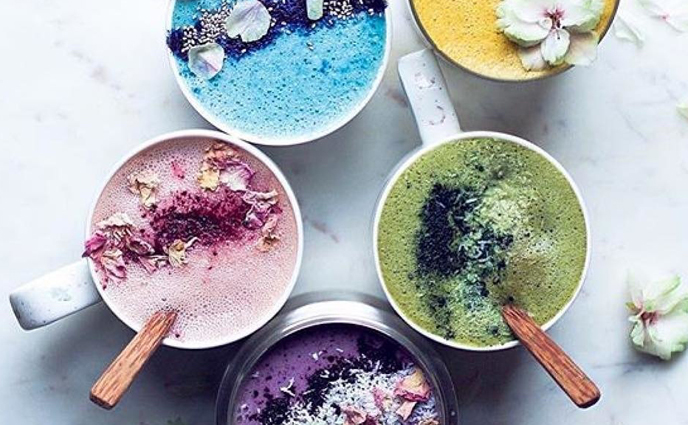Yes, you should generally be eating lots of fiber, but if you're trying to prevent bloating, you may want to limit your intake a bit, as fibrous foods can contribute to bloating. Notorious suspects include legumes like beans and lentils, as well as whole grains. Raw veggies can also be difficult to digest, so you may want to stick to cooked vegetable dishes.
Image via GMVozd/E+/Getty Images
Image via GMVozd/E+/Getty Images
Did you know that sipping through a straw and chewing gum can actually cause bloating? Don't worry, you can still drink up without a straw and pop a mint to freshen your breath.
Image via Krasimir Georgiev/EyeEm/Getty Images
Image via Krasimir Georgiev/EyeEm/Getty Images
Diet and depression go hand in hand, so it's no wonder that stress can also affect your digestion and cause stomach problems, including bloating. If you're feeling stressed and bloated, try going for a relaxing stroll to ease your mind.
Image via boonchai wedmakawand/Moment/Getty Images
Image via boonchai wedmakawand/Moment/Getty Images
If you feel like you ate too much, drinking peppermint tea is actually an effective bloating remedy, since it has properties that can relax your stomach muscles and help aid digestion. You can also apply peppermint oil topically on your abdomen for relief.
Image via Chiara Benelli/Moment/Getty Images
Image via Chiara Benelli/Moment/Getty Images
Getting constipated can further aggravate bloating. Make it a habit to drink more water and eat foods with soluble fibers — it'll help you stay regular. Engaging into some form of physical activity can also prevent constipation.
Image via Pongsak Tawansaeng/EyeEm/Getty Images
Image via Pongsak Tawansaeng/EyeEm/Getty Images









